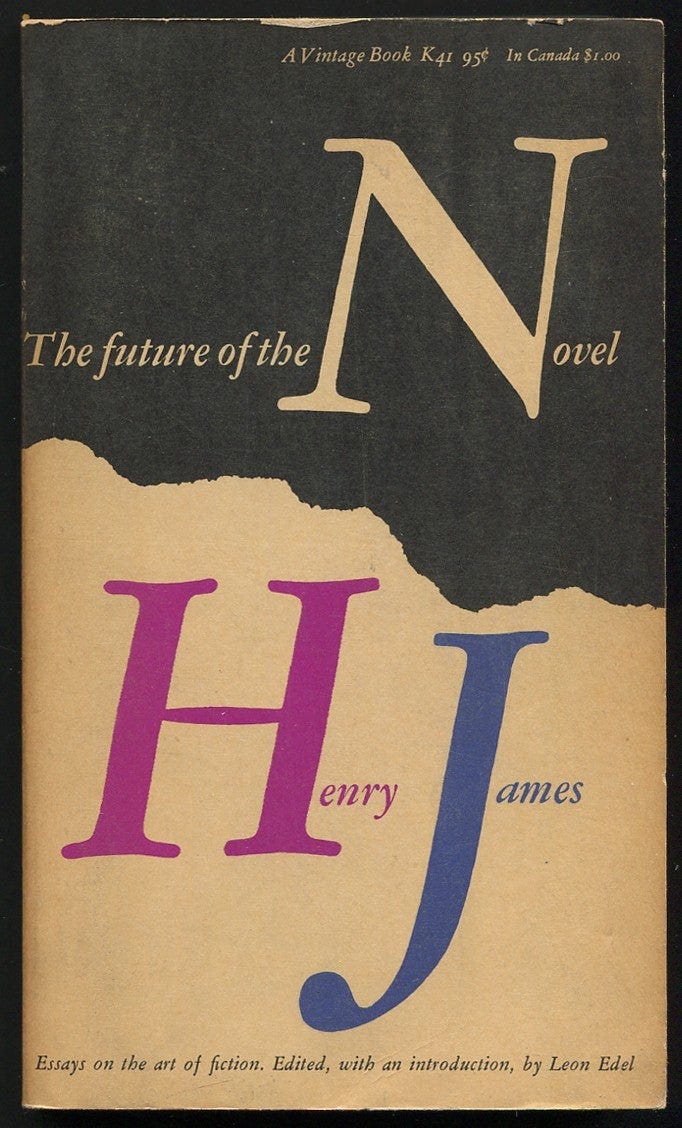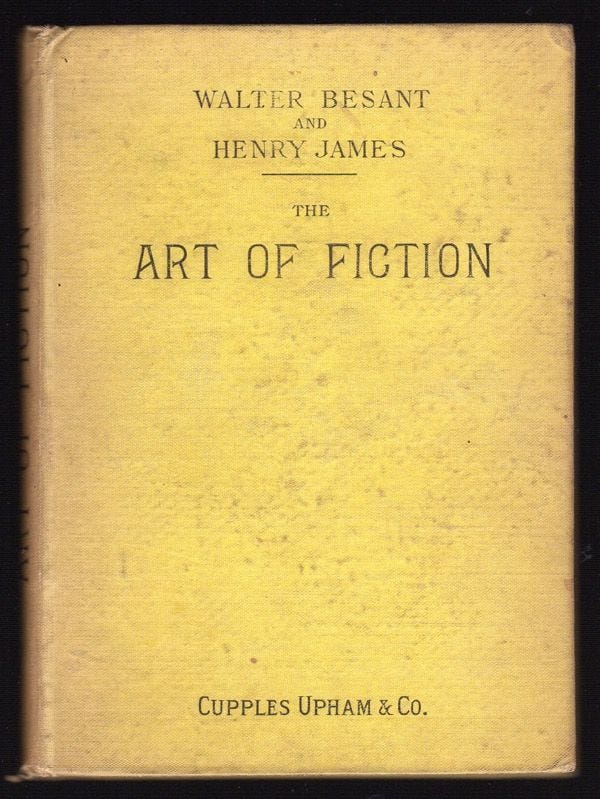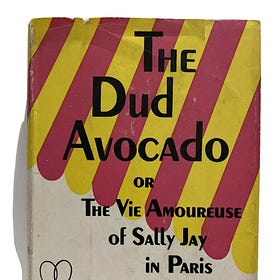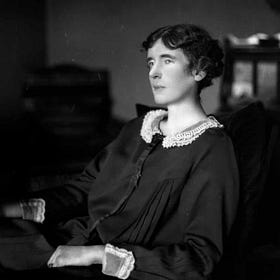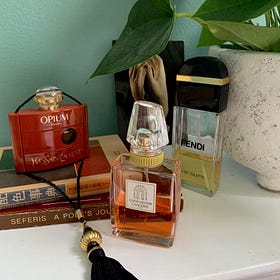Then, in a word, we can enjoy one of the most charming of pleasures, we can estimate quality, we can apply the test of execution.
This week, I turned to the master novelist Henry James’ new anthology out now from NYRB, On Writers and Writing — an “artistic autobiography” featuring one of his most famous essays, “The Art of Fiction.”

The essay, which is a form of literary criticism that acts as a rebuttal to Walter Besant’s, “Fiction as One of the Fine Arts,” touches on James’ pleasure in the form of literature — the art and artist behind novels and writing.
Is it not presumptuous in the highest degree to believe that what one has produced without pains, thought, or trouble will give any pleasure to the reader?
William Nelles describes the essay in further depth here:
Henry James's "The Art of Fiction," published in 1884, is a pivotal essay that explores the theory and aesthetics of the novel as a serious form of artistic expression. In this work, James responds to Walter Besant's earlier essay, advocating for the novel's recognition as a fine art comparable to painting and poetry. He posits that while narrative fiction possesses its own unique rules, it cannot be strictly governed by precise guidelines, as artistic talent and individual sensibility are paramount. James emphasizes the importance of representing life authentically, asserting that the essence of a good novel lies in its engaging portrayal of experience rather than adherence to moral frameworks or formulaic structures.
I love the way Nelles describes the apotheosis of the essay in the section below:
James’s conclusion, expressed as advice to young novelists, is to be true to their own artistic vision, to reject public opinion and critical dogma because the essential condition of the genre is its inclusiveness and freedom. James’s insistence that there could be no limits on subject matter, and that stylistic technique and the representation of consciousness must be central concerns of critical discussion and evaluation, seems visionary in hindsight, blazing the trail for the narrative innovations to come from such modernist writers as James Joyce, Virginia Woolf, and William Faulkner.
[T]he deepest quality of a work of art will always be the quality of the mind of the producer. . . . No good novel will ever proceed from a superficial mind; that seems to me an axiom which, for the artist in fiction, will cover all needful moral ground.
Here’s a bit of stylistic background on James from the publisher:
Henry James, the master novelist, started his literary career as a brash, often blistering reviewer… and continued to be a working critic for the rest of his life, driven by an unflagging desire to know what makes fiction work. James's critical essays represent an ongoing appreciation of the difficult art of the novel, searching in their consideration of story, character, and style.
So, what Pleasures are you willing to go to bat for? Send me your takedowns below.
Highlights from Instagram you may have missed:
In Case You Missed It:
A Very Pleasurable Reading Series
It was a wonderful warm summer’s night. Presque parfaite. Everything in the sky that could be was out: Northern lights, Southern lights, milky ways, moons, planets, stars, shooting stars, whole galaxies of solar systems winking and twinkling eons away in their own heavens. —The Dud Avocado by Elaine Dundy
A Novelist's Personal Pleasures
She was moved to “set down a few pleasures randomly, as they came to mind.” —via
Pleasures, Curated
Each week a member from The Pleasure Lists community curates a selection of their Pleasures, along with a Q&A about what makes them tick. Become a paid subscriber so you don’t miss out!
The Pleasure Lists Q&A: Elisa Gabbert
We’re back with another installment of The Pleasure Lists: Pleasures, Curated.
The Pleasure Lists Q&A: Cristine Brache
We’re back with another installment of The Pleasure Lists: Pleasures, Curated.
Why submit a list?
Pleasure Lists are a summary of what you need, want, or have, or see at a particular moment in time. They are a survey, an overview, a summary of the crucial facts of the state of one aspect of your life. It’s a kind of blueprint that can be a guide to the future.
Mull it over and if you’re moved to, send me a list.
Questions? Comments? Send any recommendations or suggestions for what you’d like to see in these newsletters my way. I’d love to hear more about what you’re currently finding Pleasure in.
Please share this newsletter! The Pleasure Lists is meant to be a collaborative project that calls people from all over to write, read, and share their pleasures — a global community of artists, writers, and pondering minds alike.
Join the chat below to connect with other members of the Pleasure List community:



